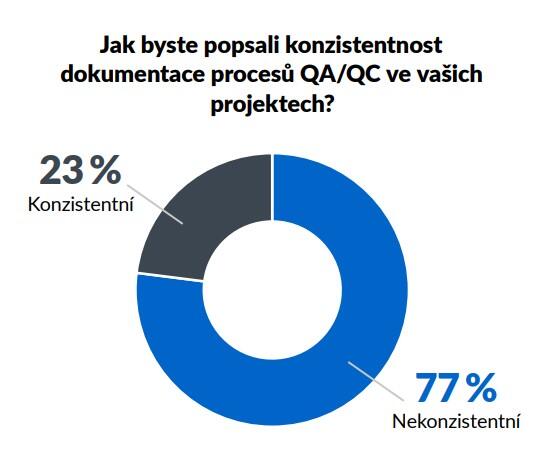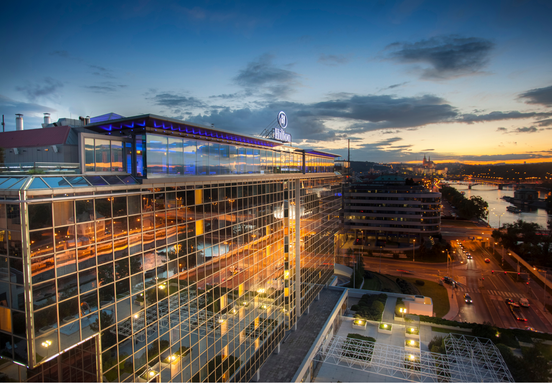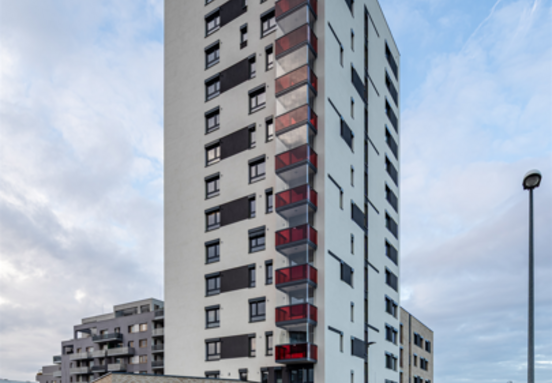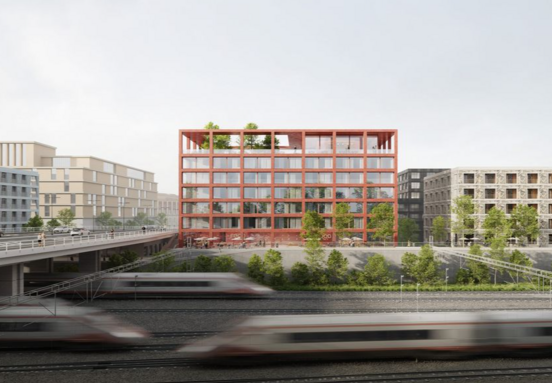The Cost of Inconsistent Construction Quality
While more than 70% of construction firms globally recognize the importance of quality control, a significant 77% struggle with inconsistent documentation across their projects. This isn't just an internal issue for builders; it creates substantial risks for businesses anticipating their new commercial premises.
The international survey, which included experts from the Czech Republic, reveals that 56% of respondents pinpoint fragmented standards as a major problem, with 55% reporting a lack of enforceable processes. This absence of systematic quality management doubles the risk of defect-related budget overruns for companies without defined procedures. For businesses looking to rent, this means potential financial implications for developers that could translate into higher rental costs or delayed project completion.
How Construction Delays Impact Your Business Operations
For any business planning a relocation or expansion into a new office or warehouse, construction delays are more than an inconvenience; they are a critical business disruption. Inadequate quality control directly leads to project delays for 67% of companies, triggering increased claims and subcontractor disputes. Imagine planning your operational transition, staffing, and marketing around a move-in date, only to face unexpected postponements due to unmanaged construction issues.
These delays can result in costly temporary arrangements, lost revenue from delayed market entry, and an inability to execute strategic business plans efficiently. Ultimately, poorly managed construction quality can significantly hinder your ability to scale or operate effectively from your new commercial space.
The Advantage of Systematic Quality Control for Tenants
Conversely, the study indicates that construction firms employing a systematic quality control approach are 28% more likely to achieve healthy profit margins and maintain better control over additional work. What does this mean for you, the prospective tenant?
- Reliable Timelines: Systematic quality control minimizes rework and reduces the likelihood of delays, ensuring your office or warehouse space is ready for occupancy when promised. This consistency helps you plan your business operations with greater certainty.
- Superior Building Performance: A strong focus on quality from the ground up translates into a more durable, efficient, and well-maintained building. This means fewer maintenance issues, lower operational costs (e.g., energy efficiency), and a more productive environment for your employees or operations.
- Long-Term Value and Stability: Properties constructed with rigorous quality standards often retain their value and appeal longer, offering a more stable and desirable location for your business for years to come.
Choosing Your Space Wisely
When evaluating potential office or warehouse spaces, it’s crucial to consider the construction quality behind the property. Look beyond just location and price; inquire about the developer's and property manager's commitment to robust quality control processes and ongoing maintenance. A digitally integrated quality control platform, like that highlighted in the survey, ensures consistent documentation and transparency, minimizing rework and ensuring project adherence—qualities that directly benefit you as a tenant by ensuring a reliable, high-quality space.
Investing time in understanding the construction quality ethos behind your prospective commercial space can save your business significant time, money, and operational headaches down the line. Ensure your next move is into a space built for success, not unforeseen problems.
Source: crestcom.cz







